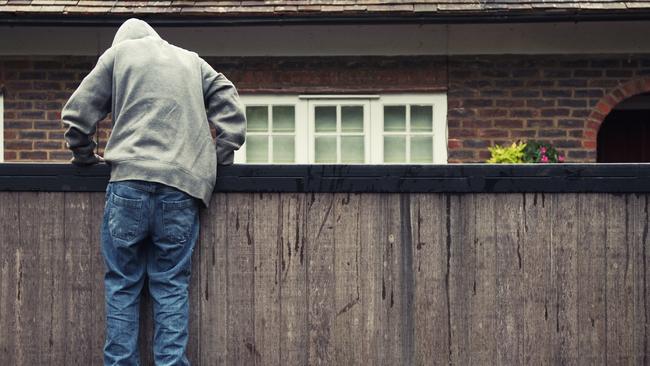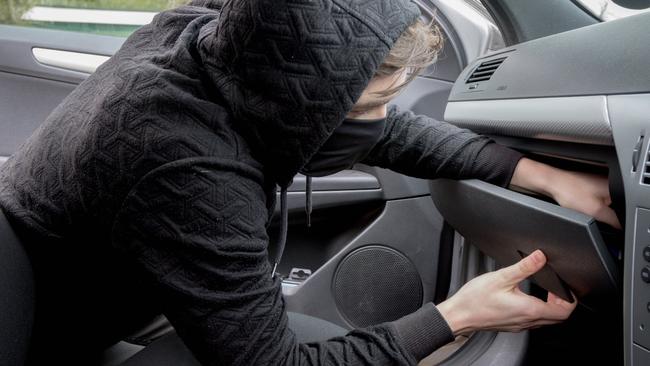Advocates to raise the age of criminal responsibility aren’t thinking of the victims | Mark Carroll
People who want to raise the age of criminal responsibility to 14 likely haven’t had to deal with the harm a 13-year-old can inflict, writes Mark Carroll.
Opinion
Don't miss out on the headlines from Opinion. Followed categories will be added to My News.
Imagine the pain of two hardworking parents and their three young children after a deliberately lit fire destroys their family home.
Or a young woman who, driving home from work, gets T-boned at a junction by joy-riders in a stolen car. Think of a scenario in which a young disabled man cops a beating on the street and is robbed of his phone and cash.
Now imagine that 13-year-olds, children of high school age, are the ones behind these offences. But also imagine that all this happens in the future and parliament has raised the age of criminal responsibility from 10 to 14.
So, none of these children is criminally responsible for his or her actions. But that’s what raise-the-age advocates want. And it is what the amendment currently before state parliament will deliver if it passes.

And that’s all it will deliver. It won’t provide alternative measures to deal with the offenders. Advocates rarely, if ever, account for the victims, and potential victims, of that offending.
No system in the world is capable of completely eradicating criminal acts by 10-13 year olds. So, in some circumstances, prosecution and detention is the only way to protect the community.
But, beyond the question of victims, there are so many other important issues with relevance to the age debate. Our legislation can already require prosecutors to establish that any offender aged 10-13 knew his or her actions were wrong.
When prosecutors cannot show the existence of that knowledge, cases do not proceed. And 10-13 year olds rarely end up in court or detention.
Their offending is most often dealt with by means of diversionary processes such as formal cautions and family conferences.

For most child offenders, that process is positive. It would be lost, however, if parliament were to increase the age of criminal responsibility to 14.
Police do not target 10-year-olds. Police are by nature self-effacing and so rarely, if ever, highlight the exceptional work they perform in Aboriginal communities.
At significant cost to themselves, they have long worked tirelessly to support and build productive relationships with Aboriginal youths.
To police at the coalface, the key issue is not to raise the age of criminal responsibility. Rather, it is to establish the causes of juvenile offending and to develop early-intervention strategies.
I accept that raise-the-age advocates have children’s best interests at heart, as does the Police Association.
None want to see 10-13 year olds in police custody or the child protection system.
If politicians want to endorse a new age of criminal responsibility of 14, they can. But, if they do, the government will have to fund massive increases in support and diversion systems – and qualified personnel to run them.
If it comes to a new age of criminal responsibility and the government fails to stump up the increased funding, be prepared for increased offending.
Mark Carroll is the president of the Police Association of South Australia




